detail profile juh c3 a1sz j c3 a1cint
Peran Yang Di Mainkan Juhász Jácint
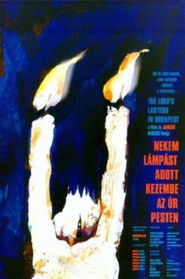 In the Kerepesi Street cemetery three...
In the Kerepesi Street cemetery three...The Lord's Lantern in Budapest 1999
In the Kerepesi Street cemetery, three grave diggers contemplate the fate of the world, then they step out of this role and in a sequence of episodes they play the typical figures of contemporary Hungarian reality, the fat cat, the swashbuckler, the victim, underworld chieftains, and present little absurd dramas of love, marriage, friendship, public order and legal safety. The author and the film director walk among them all the time, contemplating, laughing at their plays. The stories starting from the graveyard and returning there warn of the inevitability of death. The author and the director (Gyula Hernádi and Miklós Jancsó) wisely make friends with death.
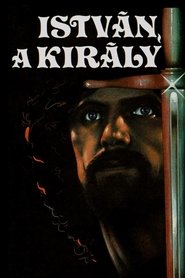 Istvn a kirly Stephen the King...
Istvn a kirly Stephen the King...Stephen, the King 1984
István, a király ("Stephen, the King") is a Hungarian rock opera written by Levente Szörényi (music) and János Bródy (lyrics), based on the life of Saint Stephen of Hungary. The storyline was based on the play Ezredforduló (Turn of the Millennium) by Miklós Boldizsár, who co-wrote the libretto. The opera was first staged in 1983 on an open-air stage in Budapest. This first performance was also made into a 1984 film, directed by Gábor Koltay, and its music released on an album. The musical became a smash hit and is still very popular in Hungary and among Hungarian minorities in neighboring countries.
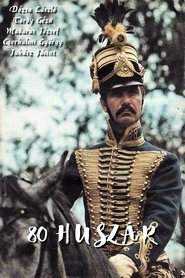 The film tells the story of...
The film tells the story of...80 Hussars 1978
The film tells the story of a regiment of Hungarian hussars stationed in Poland. The hussars, mostly ordinary men, have heard news of the uprising and wish to return to the homeland to defend the newly independent country. The Empire, on the other hand, is firmly resolved that all Hungarian troops in the imperial army should be kept as far away from the trouble spot as possible, knowing that most soldiers would be loyal to Budapest rather than Vienna.
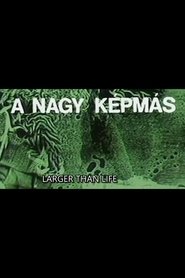 Endriades wife died in a tragic...
Endriades wife died in a tragic...Larger than Life 1977
Endriade's wife died in a tragic car accident 10 years ago. The scientist now lives in a secret laboratory high in the mountains under close military supervision. He and a few other scientists have created an artificial super-brain that knows everything. Outwardly, this higher knowledge looks like his long-deceased wife, but in addition to its appearance, it also received her personality, which rebels against its creators and begins killing them.
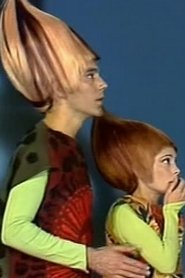 A screen adaptation of Herbert W...
A screen adaptation of Herbert W...The Planet of the Orchids 1976
A screen adaptation of Herbert W. Franke's science fiction novel "The Orchid's Cage".
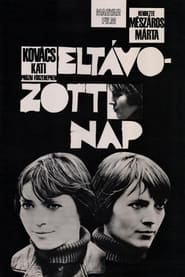 A young woman leaves a state...
A young woman leaves a state...The Girl 1968
A young woman leaves a state orphanage to find her mother in this interesting examination of how the overt repression of women in the older pattern of village life has been replaced by the more subtle exploitation inherent in the apparently freer existence of young girls in the contemporary city.

 The fate of a Hungarian Jewish...
The fate of a Hungarian Jewish... 1918 Fbin Blint is forced to kill...
1918 Fbin Blint is forced to kill... The film takes place at the...
The film takes place at the...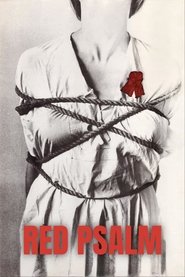 Set in the 1890s on the...
Set in the 1890s on the...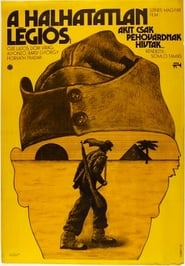
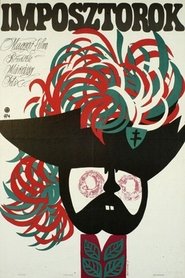 This grotesque historical film is a...
This grotesque historical film is a... In 1919 Hungarian Communists aid the Bolsheviks...
In 1919 Hungarian Communists aid the Bolsheviks...